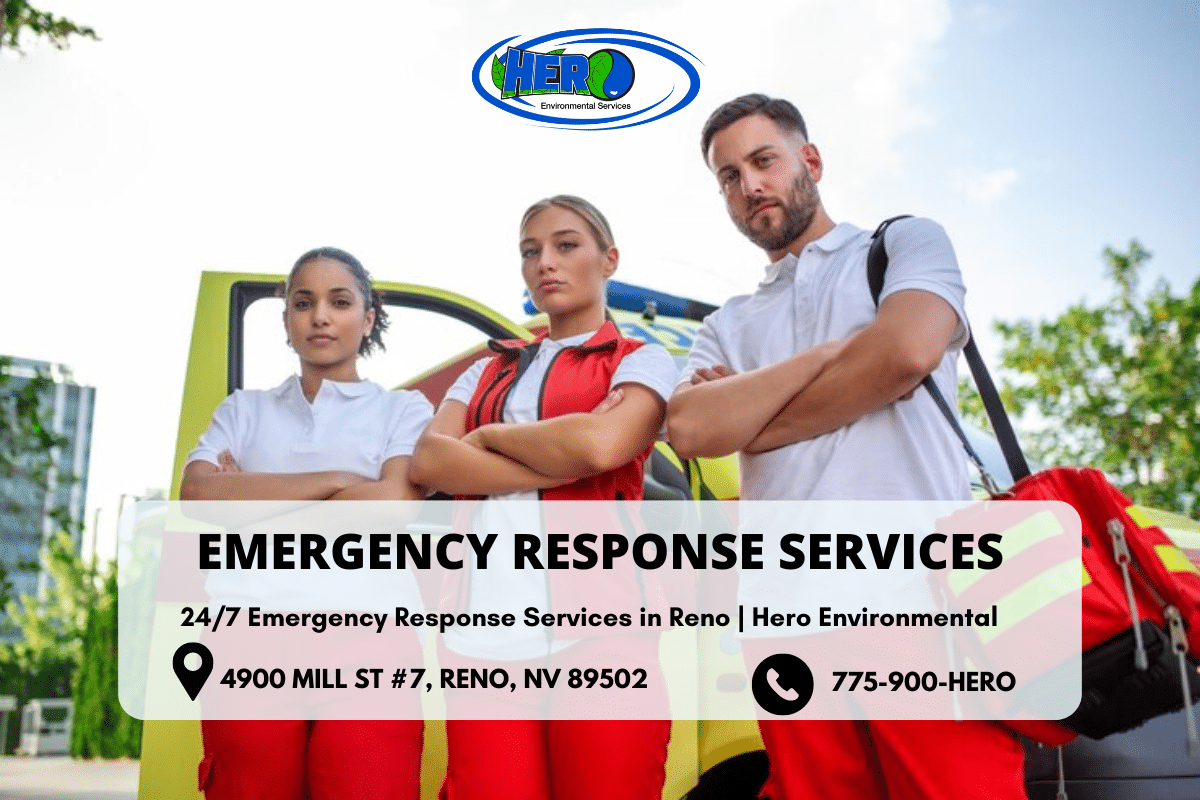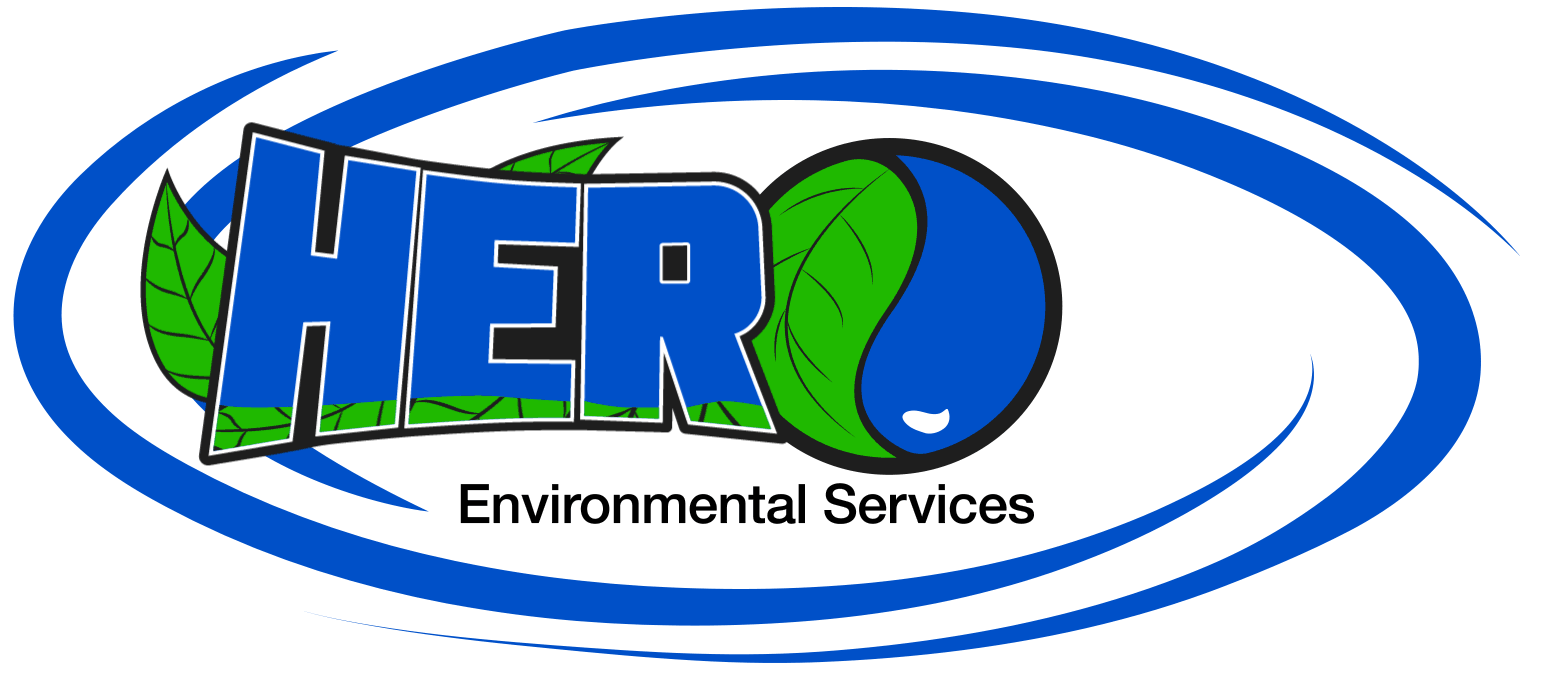
How Emergency Response Services Prevent Environmental Damage?
Emergency Response Services (ERS) reduce environmental harm during and after events such as fires. According to the Environmental Protection Agency (EPA), over 70% of emergency responses in the United States involve mitigating hazardous compounds that can contaminate air, soil, and water sources.
ERS are specialist teams prepared to respond promptly to catastrophes like chemical spills, wildfires, and hazardous material mishaps. They preserve the integrity of the environment while simultaneously defending human life.
Fires frequently release toxic chemicals into the environment, especially when residences and industrial goods burn. Therefore, ERS ensures that tainted water from combating fires is kept contained while keeping the water in rivers and groundwater safe.
Moreover, they carefully dispose of dangerous household products like paints, batteries, and chemicals that can endanger the environment in a fire.
Given ERS's role and responsibilities, we have discussed five ways in which they help prevent environmental damage in this blog.
5 Ways Emergency Response Services Prevent Environmental Damage
Containment of Hazardous Materials
Emergency response teams identify and contain hazardous materials such as chemicals, oils, and toxic gasses. An effective containment procedure prevents the spread of dangerous compounds.
Good containment techniques include using advanced machinery and absorbent materials. These methods prevent harmful contaminants from penetrating ecosystems. Thus safeguarding the environment.
By isolating these materials, they clean the environment. Thus making it safer and more efficient by reducing the chance of contamination.
Preventing Water Contamination
Emergency responders prevent water contamination after a fire or other dangerous home incident. Usually, after a putting-off fire, chemical or soot-laden runoff can leak into rivers, lakes, or groundwater systems. Thus endangering aquatic life and human water sources.
They use containment booms to control runoff and prevent pollutants from spreading into water bodies. In addition, they use proper water filtering systems to ensure the waste released does not contaminate the water.
They preserve water supplies by preserving aquatic habitats, drinking water, and ecosystems.
Air Quality Monitoring and Mitigation
Airborne pollutants like smoke, particulate matter, and chemical odors deteriorate air quality after a fire outbreak and also arise from dangerous home occurrences.
They use specialized monitoring equipment to determine hazardous toxin levels and evaluate the air quality. When contaminants are found, they limit harmful emissions by using techniques such as -
- Filtration
- Ventilation
- Controlled burn-offs
They also monitor and control air quality to prevent the spread of airborne pollutants and safeguard the environment, thus reducing environmental emergencies.
Safe Disposal of Hazardous Waste
It is essential to clean and dispose of hazardous trash that might result from fire outbreaks. Emergency response teams ensure that chemicals, firefighting foam, and debris are disposed of in a way that complies with environmental laws.
The wastes are neutralized, treated, and stored in containment facilities without releasing harmful substances. Emergency response services, Reno, help manage waste responsibly.
Hazardous materials have long-term adverse environmental effects. ERS manages and helps dispose of hazardous materials appropriately, thus preventing environmental damage.
Restoration of Affected Ecosystems
Not all toxins can be contained. Some might leak into the atmosphere, contaminating the environment. Also, fire can cause the loss of wildlife habitat—emergency response services with environmental authorities are needed to restore these damages.
They start working after evaluating the effects these harmful substances and toxins might have on the environment. The restoration process usually includes -
- Replanting trees
- Cleaning up the soil
- Restoring wildlife habitats
Emergency services promote biodiversity to ensure the recovery of natural resources. They also revitalize damaged areas and mitigate the long-term ecological effects of major catastrophes like fires.
Takeaway
Emergency Response Services are indispensable for protecting human health and the environment during crises. Their efforts mitigate immediate threats and prevent long-term environmental degradation.
24/7 emergency response services are essential in managing post-fire contamination by controlling runoff, containing hazardous substances, and disposing of dangerous home-based materials. They follow strict environmental protection protocols. Hence, doing this - they can prevent harmful pollutants from entering ecosystems.
Through their expert response, effective containment strategies, and proper hazardous waste disposal, ERS helps reduce the long-term environmental impact of fires and other emergencies.
Looking For Emergency Response Services in Reno? Contact Hero Environmental!
At Hero Environmental Services, we are obliged and committed to offering a safe environment for better living. Since environmental damages can occur at any time, we offer 24/7 emergency response services in Reno.
Our services continue with environmental cleaning and restoration! We also offer soil remediation, trash compactor cleaning, and hazardous waste transportation for industrial and household clients. We ensure that your home and the environment are clean and healthy.
Call us for expert environmental protection services and household hazard emergency response services!
